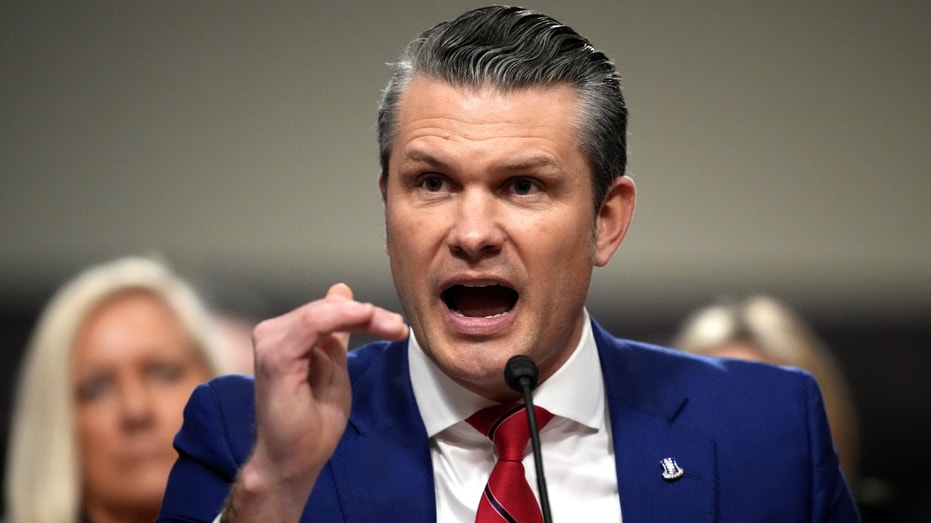A federal judge temporarily blocked Tennessee’s law that prohibits adults from aiding minors in obtaining abortions without parental approval.
U.S. District Judge Aleta Trauger said in a Friday ruling that the state cannot “make it a crime to communicate freely” about legal abortion options even in a state that bans abortion at all stages of pregnancy, with some exceptions.
The law will now be placed on hold as the case moves through court.
“The Tennessee General Assembly apparently determined that, when the topic at hand is ‘abortion trafficking,’ the best interests of the pregnant child are not merely a secondary consideration, but unworthy of particularized consideration at all,” Trauger wrote.
TENNESSEE SUED OVER LAW BANNING ADULTS FROM HELPING MINORS GET ABORTIONS WITHOUT PARENTAL CONSENT
Earlier this year, lawmakers in Tennessee’s Republican-controlled Legislature passed legislation that was then signed by GOP Gov. Bill Lee making it illegal for an adult who “intentionally recruits, harbors, or transports” a pregnant minor within the state to obtain an abortion without consent from the child’s parents.
Anyone convicted of breaking the law would be charged with a Class A misdemeanor, which requires nearly one year in jail. The law does not include exemptions for minors who may have been raped by their parents, but a biological father who raped his daughter and caused her pregnancy cannot pursue civil action.
The Tennessee law, which took effect July 1, mimicked Idaho’s “abortion trafficking” law that was enacted last year, the first state to enact such legislation. But a federal judge has since temporarily blocked Idaho’s law as the case moves through court.
Shortly before Tennessee’s law was set to take effect, Democratic state Rep. Aftyn Behn and Nashville attorney Rachel Welty filed a lawsuit challenging the statute on the second anniversary of the U.S. Supreme Court’s June 24, 2022, decision overturning Roe v. Wade, returning the power to make laws regarding abortion back to the states.
TRUMP MAKES PLAY FOR WOMEN’S VOTE, VOWS TO ENSURE ‘POWERFUL EXCEPTIONS’ FOR ABORTION
Trauger’s ruling sided with the argument from Welty and Behn that the law was “unconstitutionally vague,” particularly pointing out that the word “recruits” is undefined in the law.
The judge also raised concerns about the First Amendment restrictions that she argues the law would impose.
“The freedom of speech guaranteed by the First Amendment is not simply a special protection that the Constitution grants to a few, high-profile speakers so that those speakers can hear themselves talk; it is a protection available to everyone, for the interconnected benefit of everyone, because messages do not gain their fullest power by being uttered, but by being spread,” Trauger wrote.
Behn called Friday’s ruling a “monumental victory” for free speech and the fight for abortion access.
“This ruling doesn’t just protect Tennesseans — it safeguards the freedom to discuss abortion care across state lines, ensuring that we can continue to offer support, share accurate information, and stand up for the rights of those seeking essential health care everywhere,” she told The Associated Press.
Abortions are banned in Tennessee at all stages of pregnancy, with exemptions in cases of molar pregnancies, ectopic pregnancies or to save the life of the mother. Doctors must use their “reasonable medical” judgment in determining whether performing an abortion can save the life of the mother or prevent major injury.
A group of women is currently suing in a separate case to clarify the state’s abortion ban.
The Associated Press contributed to this report.






Leave a Reply